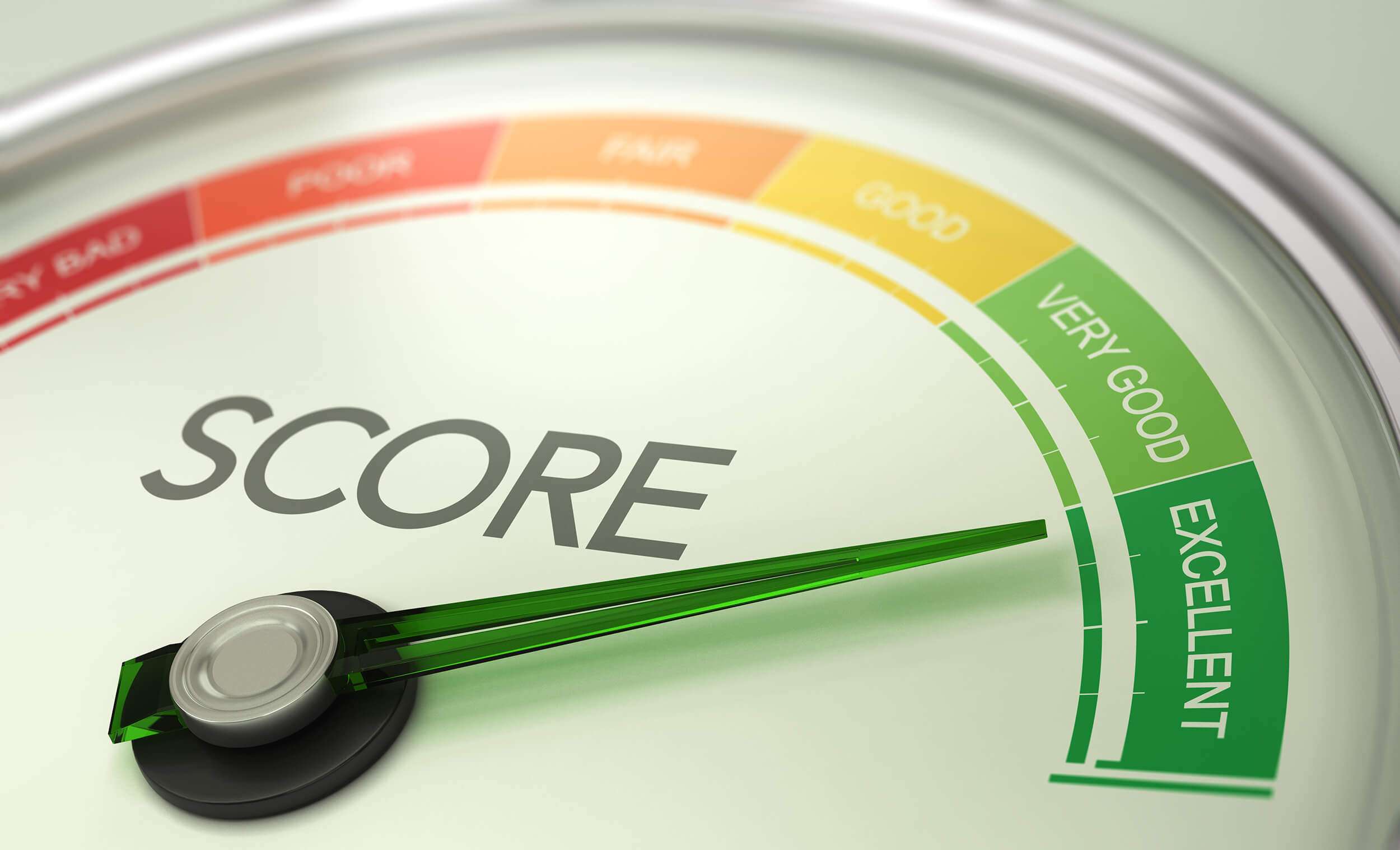
What a Credit Score Is and How It’s Calculated in Kenya
Your credit score is one of the key factors that determines how much Kenyans can borrow, the interest rates they pay, and how quickly their loan applications are approved. Whether applying through a mobile lending platform, a SACCO, or a commercial bank, lenders rely on this number to assess borrowing risk.
A credit score is a numerical value used to measure an individual’s creditworthiness. In Kenya, it typically ranges from 1 to 999 or 250 to 900, depending on the Credit Reference Bureau (CRB) generating the score.
A high credit score signals lower risk, allowing borrowers to access loans with better terms, lower interest rates, and sometimes larger amounts. A low score may lead to loan rejections or higher borrowing costs, while individuals with no credit history may find it harder to secure financing.
The credit scoring system in Kenya is regulated by the Central Bank of Kenya (CBK) under the 2020 CRB Regulations. These regulations require lenders and financial institutions to share credit information to promote responsible lending and financial inclusion.
There are three licensed CRBs in Kenya (TransUnion, Creditinfo, and Metropol) that collect borrower data from banks, SACCOs, microfinance institutions, and digital lenders.
Each CRB uses proprietary algorithms to compile credit reports and generate scores. Unlike international scoring models such as Fair Isaac Corporation (FICO), Kenyan credit scoring incorporates unique local patterns, including mobile loan repayment behaviors.
Scores update dynamically within 24 to 48 hours as new data is received, and most bureaus rely on a 24-month observation window for active accounts.
How a Credit Score Is Calculated in Kenya
A credit score is calculated in Kenya using the five core factors in a credit report, each weighted differently by the CRBs but based on the same principles:
- Payment history (45%)
This is the most important factor. It records whether borrowers pay their bills and loans on time. Consistent, on-time payments increase the score, while late payments, defaults, or arrears can lower it sharply. Even a single 30-day delay can cause a noticeable drop because it signals unreliability. - Amounts owed (20%)
This measures how much of a borrower’s available credit is being used. A debt-to-credit ratio below 35% is considered healthy. Overusing credit can make a borrower appear overextended. - Types of credit (15%)
A healthy mix of credit accounts, such as installment loans (e.g., auto loans), mobile loans, and revolving credit (e.g., overdrafts), shows responsible credit management. - Length of credit history (10%)
A longer history of responsible borrowing builds lender confidence. A track record of more than five years often leads to better scores than newly opened accounts. - New credit and inquiries (10%)
Multiple loan applications in a short period can lower a score. Each “hard” inquiry may reduce it by 5 to 10 points, as frequent borrowing can be seen as a sign of financial pressure.
Credit bureaus apply statistical models such as logistic regression to analyze these factors and rank borrowers against their peers. Each CRB has its own scoring methodology, meaning scores may differ slightly between bureaus.
Score Ranges and What They Mean
- TransUnion: Scores range from 1 to 999, with AA (698 and above) considered low risk, while JJ (1 to 489) is high risk.
- Creditinfo: Scores range from 250 to 900, with 250 considered poor and 900 excellent.
- Metropol: Follows a similar range, classifying borrowers by risk bands.
A good credit score in Kenya generally starts at around 700, which improves the chances of securing loans on favorable terms. Lenders often set their own minimum thresholds for approvals, depending on their risk policies.
How to Build or Repair a Credit Score
Maintaining a good credit score requires responsible financial habits. Paying bills and loan installments on time is the most effective way to improve a score. Borrowers should also keep their credit utilization low, diversify their credit mix, and avoid frequent loan applications.
It is advisable to check credit reports regularly to ensure all information is accurate. Kenyans can access their credit scores and reports through CRB websites or USSD services. For instance, with TransUnion, users can text their name to 21272, then enter their ID number and pay KSh 50 to receive their report.
Handling Errors and Disputes
About 20% of credit reports contain errors that can affect credit scores. If there are inaccuracies, such as wrongly reported late payments or incorrect loan balances, borrowers should file a dispute with the CRB to have the issue corrected. Once resolved, the credit score is adjusted to reflect accurate information.
Jefferson Wachira is a writer at Africa Digest News, specializing in banking and finance trends, and their impact on African economies.

Average Rating